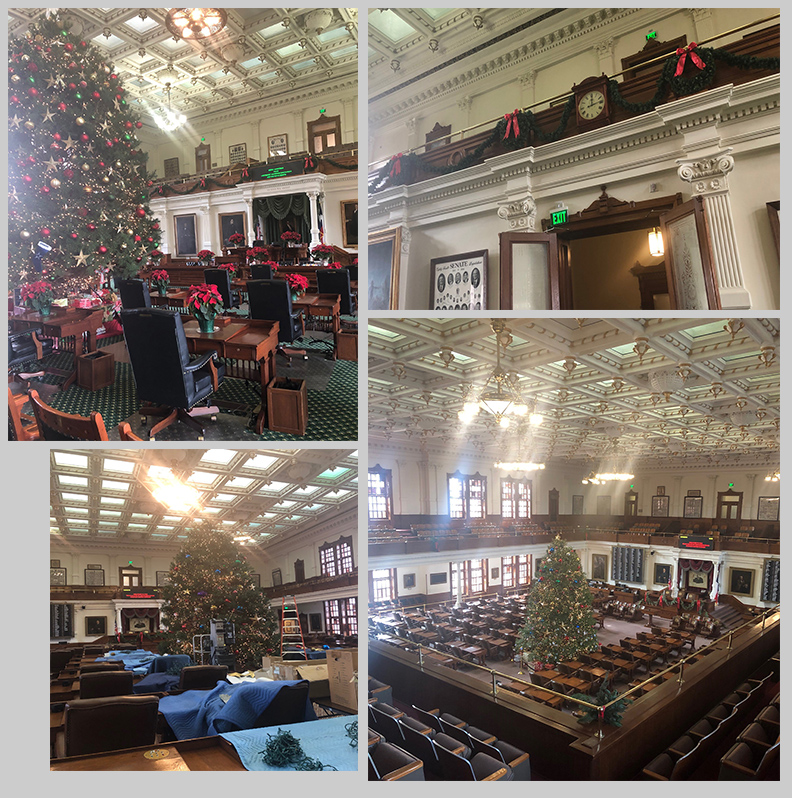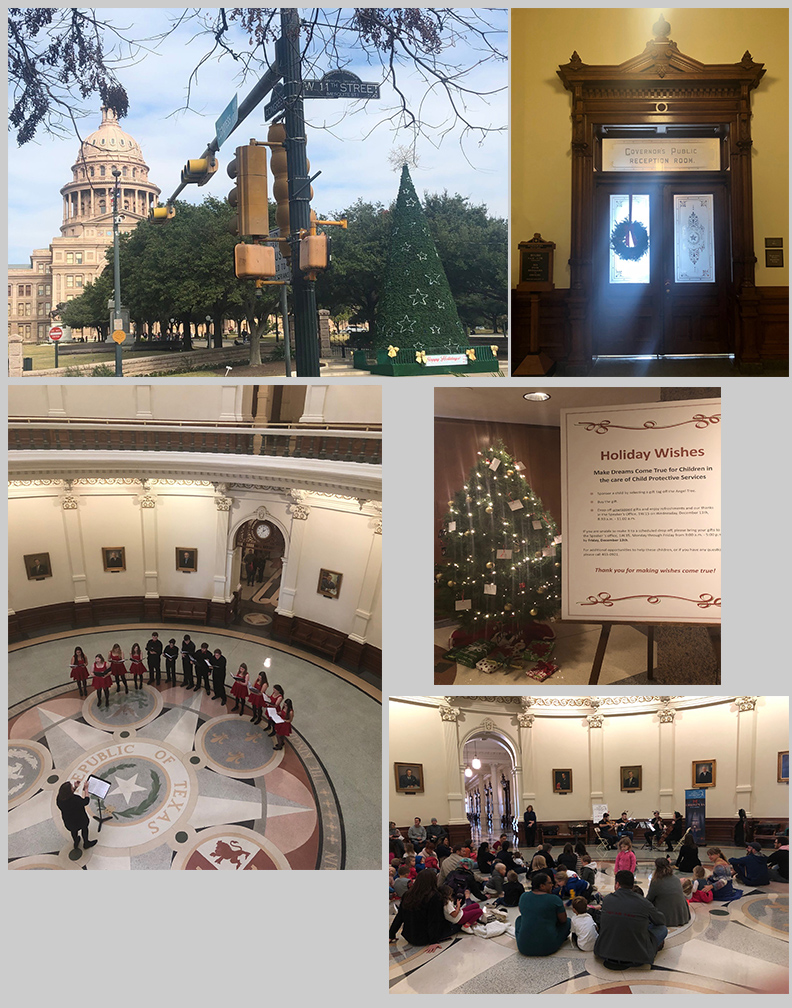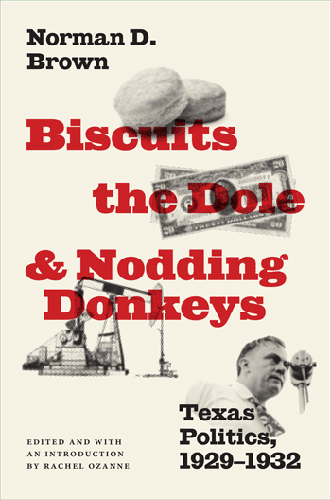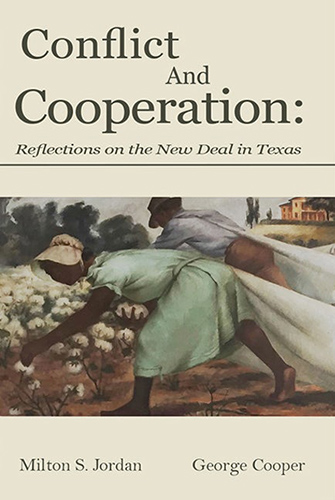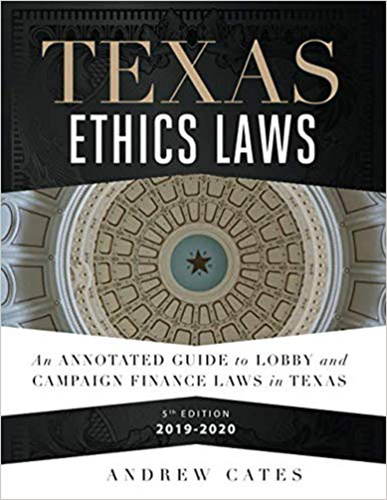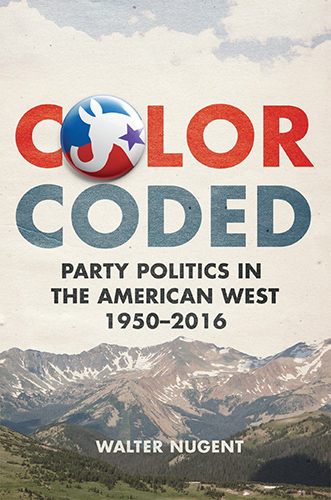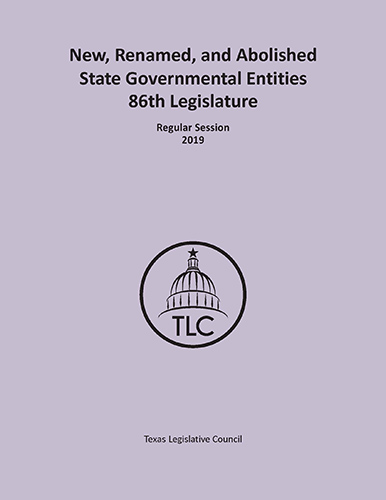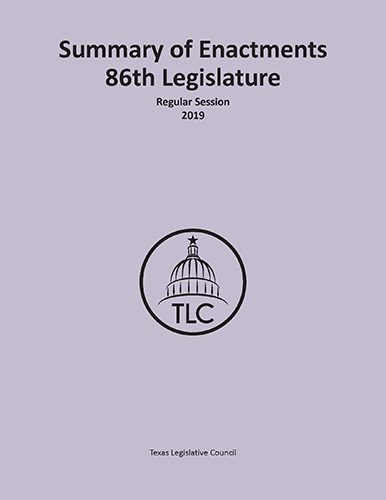In this weekly post, we feature helpful research tools and recent articles of interest to the legislative community.
- Explore state legislation related to maternal and child health. (National Conference of State Legislatures, December 20, 2019)
- Consider the legal status of smokable hemp. (Stateline, January 6, 2020)
- Examine campaign and election security policy. (Congressional Research Service, January 2, 2020)
- Read about which diet tops the list of best diets overall. (U.S. News and World Report, accessed January 8, 2020)
- 20.01.01 / "A full count." By Michelle Healy. American School Board Journal, December 2019, pp. 26-29.
Discusses the efforts of school districts across the United States to help ensure students are accurately counted in the 2020 Census. Reports 36 states lost $550 million in federal funding each year due to an undercount of children in the 2010 Census. - 20.01.02 / "Cannabis: Green rolls in — slowly — under bigger state program." By Paul Thompson. Austin Business Journal, December 13, 2019, p. A4.
Considers how legalization of hemp production and expansion of the state's Compassionate Use Program will affect the cannabis industry and the medical cannabis market. Mentions HB3703 and HB1325, 86th Legislature. - 20.01.03 / "HB 3 and assessment: Comprehensive bill bringing changes to classrooms across Texas." Classroom Teacher (Texas Classroom Teachers Association), Fall 2019, pp. 9-11.
Addresses the programmatic changes of HB3, 86th Legislature, relating to teacher incentive allotment/local teacher designation systems, additional school year days, literacy achievement academies, and assessment. Includes discussion of HB3906, 86th Legislature, another key bill on assessment. - 20.01.04 / "Thanks for the support." Classroom Teacher (Texas Classroom Teachers Association), Fall 2019, pp. 14-15.
Highlights members of the 86th Legislature who stood out for supporting teachers. Presents education-related issues and legislation backed by these lawmakers. - 20.01.05 / "The shocking rise of Rx drug prices." By Lisa L. Gill. Consumer Reports, January 2020, pp. 38-48.
Examines the factors that contribute to ballooning drug costs and how people can pay less for their medications. - 20.01.06 / "At the heart of the crisis." By Sandhya Raman. CQ Weekly, December 9, 2019, pp. 14-19, 21.
Examines how officials in Dayton, Ohio, have been able to significantly reduce opioid overdose deaths in their community. Attributes their progress to a variety of factors, including increased access to the overdose reversal drug naloxone, interagency teams sharing resources and data, and the involvement of community outreach groups. - 20.01.07 / "Adoption: Fostering enmity." Economist, December 7th-13th, 2019, pp. 28-29.
Discusses a proposed rule by the United States Department of Health and Human Services that would allow recipients of federal grants from the agency, including faith-based adoption agencies and foster care providers, to exclude same-sex couples on religious grounds. - 20.01.08 / "Rural-urban differences in severe maternal morbidity and mortality in the US, 2007-15." By Katy Backes Kozhimannil, et al. Health Affairs, December 2019, pp. 2077-2085.
Finds that while severe maternal morbidity and mortality increased among both rural and urban residents from 2007-2015, rural residents had a nine percent greater probability of severe maternal morbidity and mortality. Considers clinical factors, such as the opioid epidemic and workforce shortages, as well as social factors, such as housing, racism, food security, and more. - 20.01.09 / "Using incentives within the market for prosperity: What every community needs to know to optimize economic development [Part Two]." By M. Ray Perryman. Perryman Report and Texas Letter, Vol. 36, No. 10, pp. 1-7.
Focuses on the use of incentives, pointing out some of the key components of the appropriate use of this type of economic development tool. - 20.01.10 / "Net neutrality is back once again: Questions remain." By Steve Goodman. Public Utilities Fortnightly, December 2019, p. 64.
Provides an update on the state of net neutrality. Refers to a recent decision in a case challenging the Federal Communication Commission's most recent rulemaking order on net neutrality. - 20.01.11 / "Expert views on gun laws." By Arthur Z. Berg, John R. Lott, Jr., and Gary A. Mauser. Regulation (CATO Institute), Winter 2019-2020, pp. 40-47.
Compares the views of public health researchers with those of criminologists and economists on a wide range of gun control policies. Finds that academics from different fields vary widely in their views on the effectiveness of gun control. - 20.01.12 / "Is the sky really falling? A closer look at the current pension "crisis" and the constitutionality of retroactive pension reform." By Aaron Wallace. South Texas Law Review, Summer 2019, pp. 597-638 (Note Length).
Argues that there is not a pension crisis, and if there is credible risk, retroactive pension reform is not the only viable solution. Describes the Contracts Clause, the history of its application by the United States Supreme Court, and how it could be used to challenge pension reform. Highlights changes to the Houston Firefighters Relief and Retirement Fund, SB2190, 85th Legislature, R.S., and Texas' failure to recognize pensions as contractual obligations. - 20.01.13 / "The persecution of Alfred Brown." By Angela Morris. Texas Lawyer, January/February 2020, p. 14-15.
Examines the role of the Texas Attorney General and the Texas Comptroller of Public Accounts in proceedings required under the Tim Cole Act to determine whether victims of wrongful incarceration are entitled to state compensation. - 20.01.14 / "Far-reaching implications." By Joey Berlin. Texas Medicine, December 2019, pp. 26-28.
Points out that Texas' high uninsured rate impacts not only uninsured people but also shapes the healthcare industry, influences public health conditions, affects school and work attendance, and produces other ripple effects. - 20.01.15 / "Shot in the dark." By Laura Beil. Texas Monthly, January 2020, pp. 76-87.
Profiles Dorothy O'Connell (a Brazoria County resident), her use of stem cell therapy to cure arthritis, and the resulting medical complications that almost killed her. Discusses the stem cell industry and its lack of regulation, including the Food and Drug Administration's role, the history of the clinic and companies that supplied her treatment, and related legislation, HB810, 85th Legislature, R.S. Mentions Representatives Tan Parker and Drew Springer. - 20.01.16 / "The prison inside prison." By Michael Barajas. Texas Observer, January/February 2020, pp. 12-22.
Details the harmful psychological effects of long-term solitary confinement on inmates in prisons operated by the Texas Department of Criminal Justice. Provides a history of the use and abuse of the controversial punishment in the United States and efforts to reform the practice. Mentions legislation filed in 2019 that, had it passed, would have provided oversight of offenders' conditions of confinement. Quotes Representative Carl Sherman.

